For almost a century, filmmakers have built a commercial juggernaut on the back of one simple question: “What if a big thing squashed lots of little things?” There was always room for thematic complexity – King Kong as a metaphor for the hubris of man, Godzilla as an atomic-age cautionary tale, Mothra as a timely political allegory for what would happen if a moth got like, so huge – but the part where really tall stuff stomps on regular-size stuff has been historically non-negotiable. Then came the eureka moment where really tall stuff started punching other really tall stuff while normal-size stuff watched, and it became clear that this concept was a narrative perpetual motion machine.
And beginning in 2014, Warner Bros. and Toho breathed new life into the whole rigmarole with the MonsterVerse, a big screen kaiju no-holds-barred fight club for the MCU generation of filmgoers. This shared universe of CGI pugilism bumping up against spanning two television series and five movies, or roughly the same amount of content that Disney Plus puts out in a given month about characters too obscure to care about. Put another way: It’s too much content to keep up with. You’d be forgiven for not knowing exactly where to start, so we went ahead and knew exactly where to start for you.
Kong: Skull Island
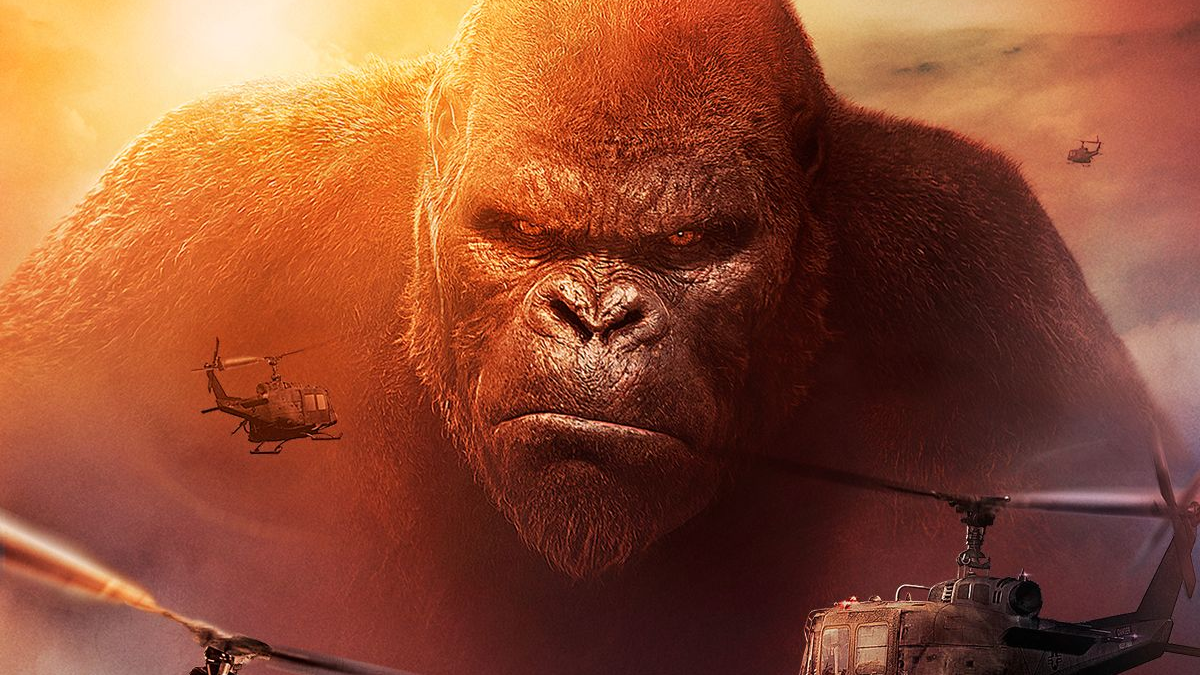
The first leg of our journey through the world of really big things squashing really little things: Kong: Skull Island.
It had been just over a decade since Peter Jackson firebombed an acreage of audience goodwill with King Kong, a movie that made giant killer gorillas boring and sad. Attempting to cleanse the public’s palate, Warner Bros. released this fresh new take on the subject. Opening during World War II before time-hopping forward to the 1970s, Kong: Skull Island was a breath of fresh air for fans of the franchise. It had star power. It had action. It had a marked lack of scenes where the ape goes ice skating on his bottom in the park, meaning that it didn’t just shine, it shined by comparison.
Skull Island
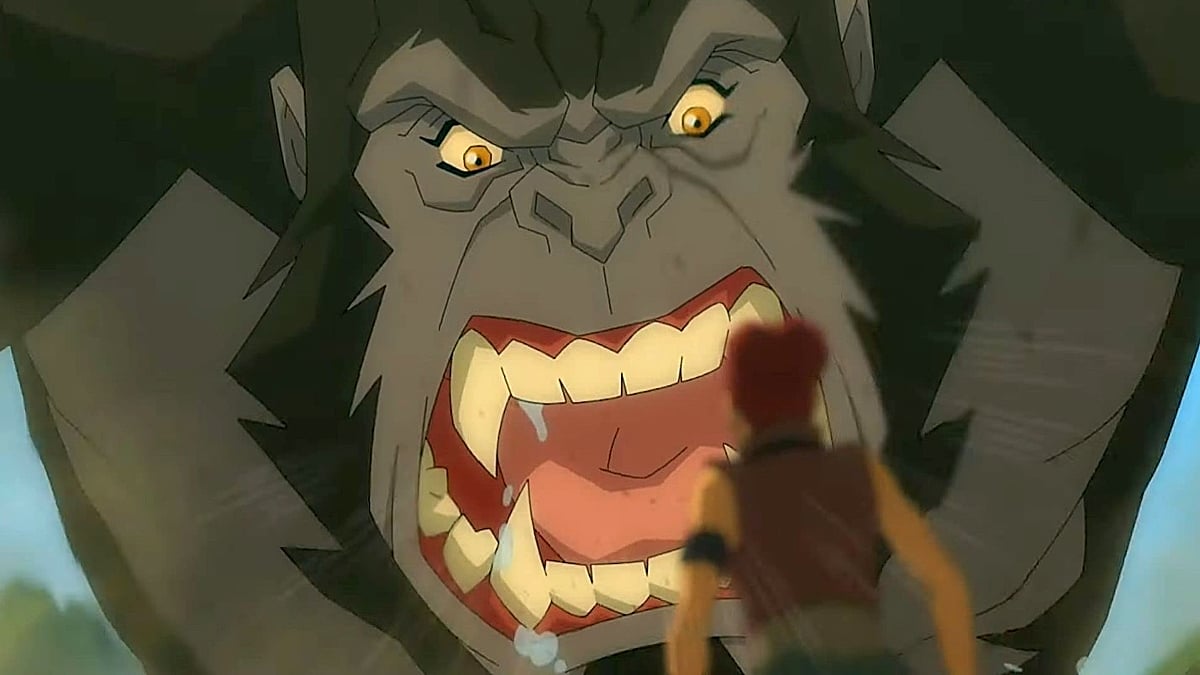
Like eating a bowl of Lucky Charms with vodka instead of milk, Netflix’s Skull Island (hold the Kong) is an emotional throwback to Saturday morning cartoons of childhood, but adult-oriented and with the potential to make you throw up.
Remember back when every recognizable IP got a cartoon, no matter how inappropriate? Robocop? Rambo? The concept of having Bruce Willis’ face? Skull Island is sort of like that, only with swears and violence. Set in the 1990s, it tells the story of a colorful group of shipwrecked travelers stuck on the eponymous Skull Island. Little could they suspect that the place is lousy with monsters. Even littler could they suspect how cruel internet critics can be. It wasn’t the airplanes. ‘Twas Metacritic reviews killed the beast.
Godzilla
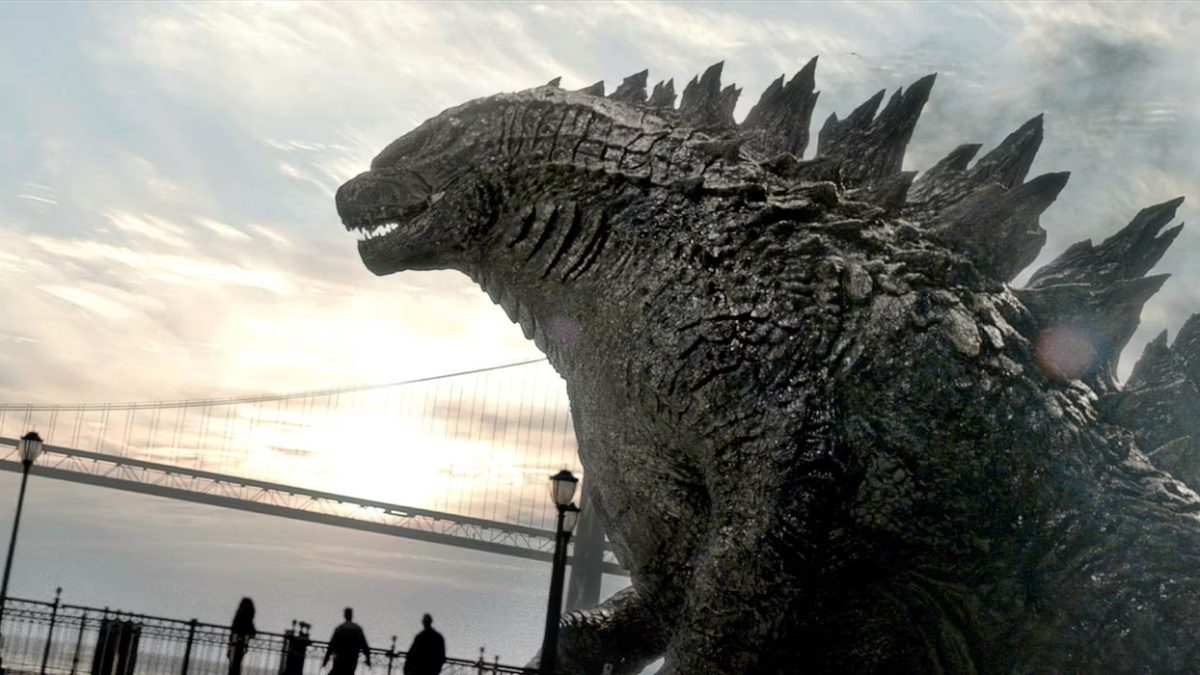
The third entry in the MonsterVerse franchise is the first entry in the MonsterVerse franchise. This is George Lucas’s fault and I think we all know it.
2014’s Godzilla is enormously thoughtful in its willingness to take place in 2014 – mostly. There are flashbacks to 1954 and the ‘90s. If you really want to put that kind of effort in, you can machete those scenes out of the movie and watch the first one after the WWII bit from Kong: Skull Island and the second one after the anime. Your life is finite, do what makes you happy.
The better part of a decade later, Godzilla remains not just a good time at the movies, but the sole example of a franchise trying to dip its toe in the MCU water without getting publicly humiliated.
Monarch: Legacy of Monsters
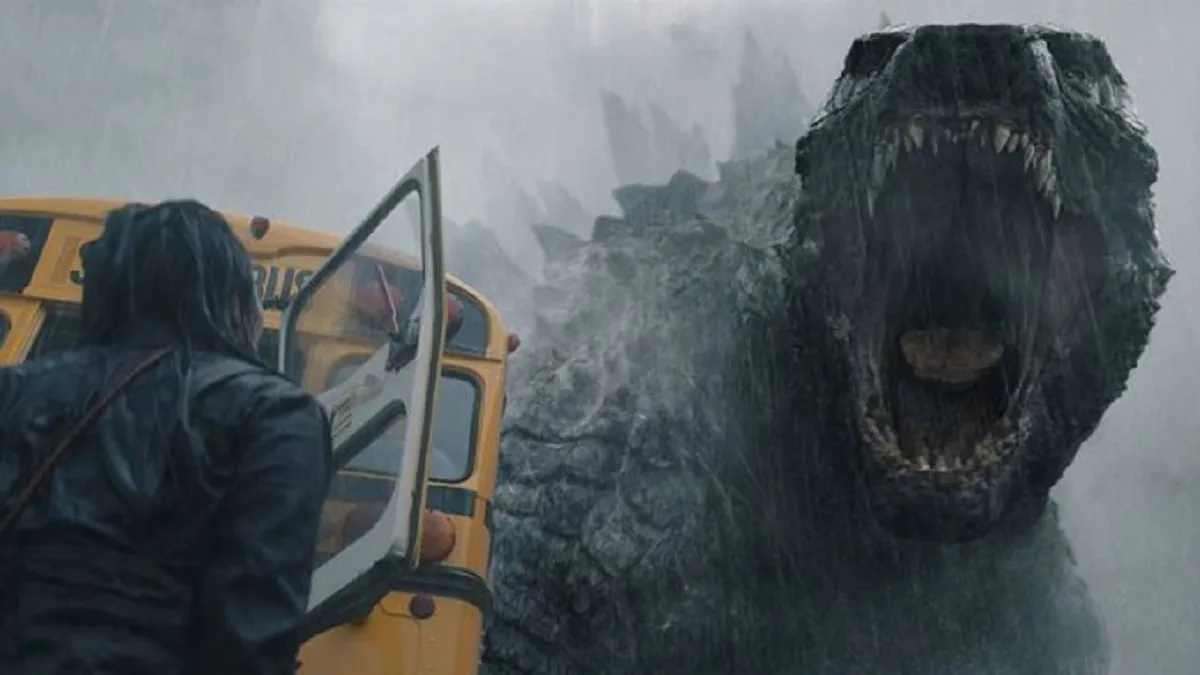
Between Godzilla and Godzilla: King of the Monsters, there’s a five-year gap. What was happening while the cameras were off, you ask? Solid question, and one that’s set to be answered by the upcoming Apple TV series Monarch: Legacy of Monsters. With a gangbusters cast and a story spanning generations, the 10-episode series sets out to expand on the shadowy Monarch organization and the way the world changes when giant iguanas with morning breath made out of nuclear fire start knocking down buildings. It’s too early to say for sure, but this might just be the series that finally justifies audiences’ ongoing battle with forgetting to cancel Apple TV post-Ted Lasso.
Godzilla: King of the Monsters
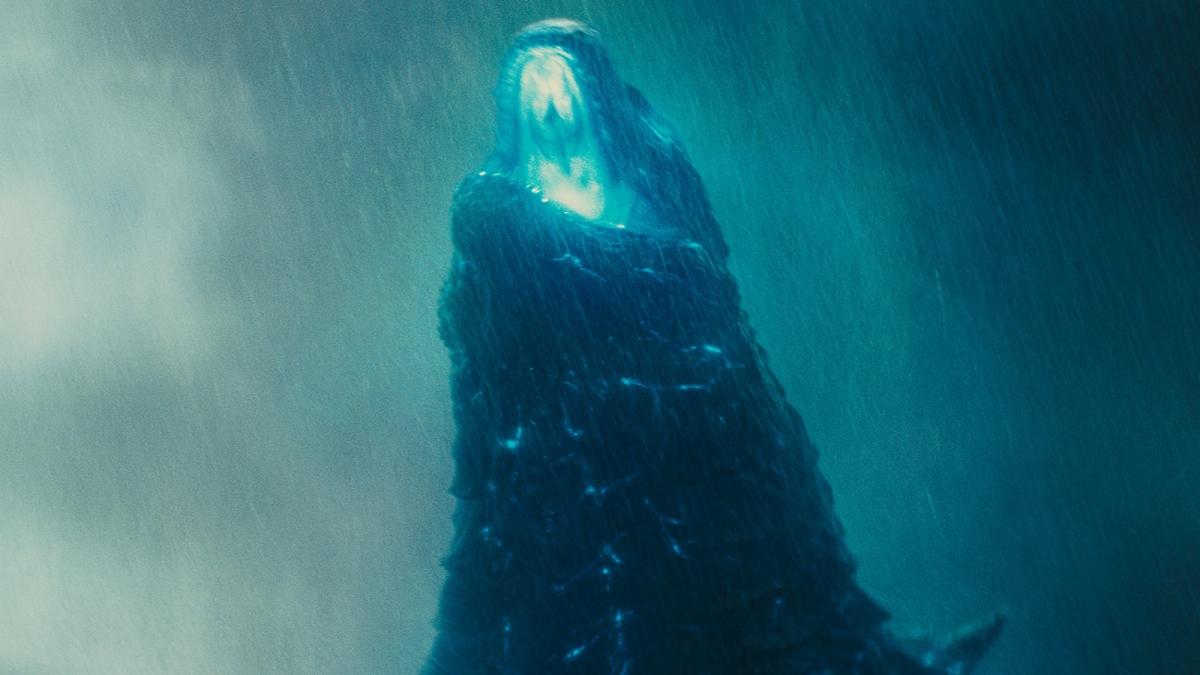
Another straightforward addition to the MonsterVerse timeline, 2019’s Godzilla: King of the Monsters takes place in 2019, and is generally viewed as the unloved dumpster puppy of the franchise. It serves as a direct sequel to 2014’s Godzilla, and also as a harsh but necessary reminder to audiences that you never know which movie will be the last one you’ll see in cinemas before a global pandemic locks everything down for a year.
Godzilla vs Kong
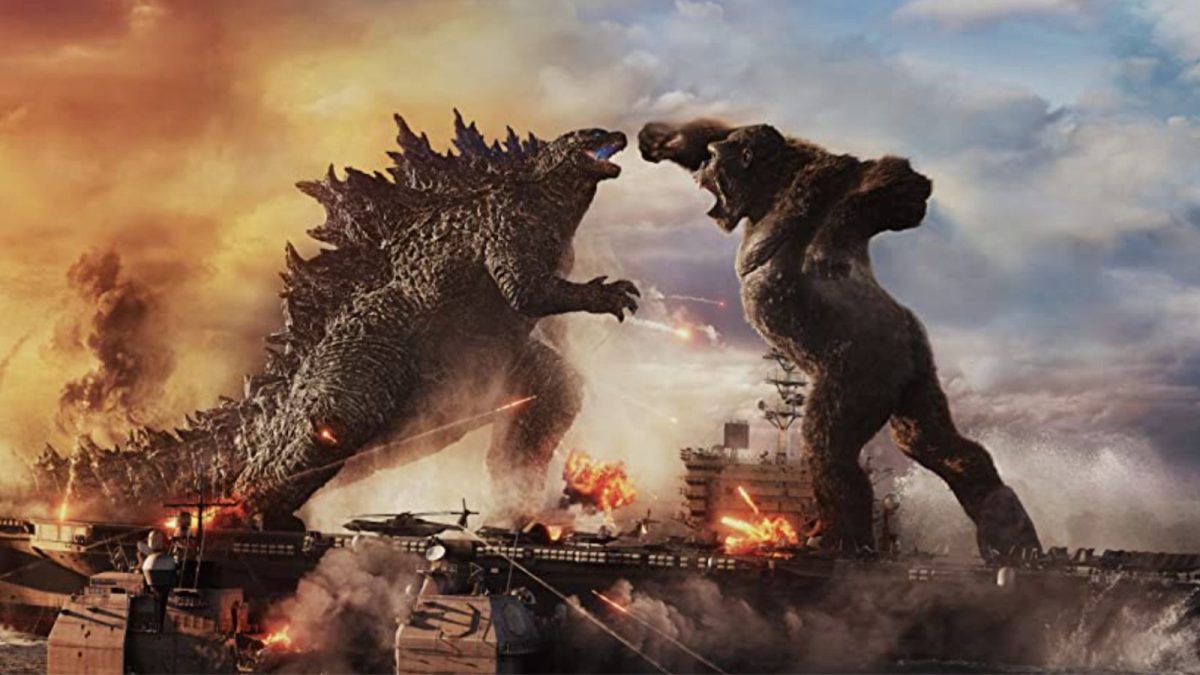
Another time jump, potentially due to the fact that the producers didn’t think audiences would have fun imagining a world where they were locked down and getting smooshed by large reptiles, 2021’s Godzilla vs Kong takes place in 2024. As such, the majority of the globetrotting story occurs during campaign stops for Joe Biden’s re-election run and a never-ending series of Eras tour events. Also, Godzilla fights Kong.
Godzilla x Kong: The New Empire
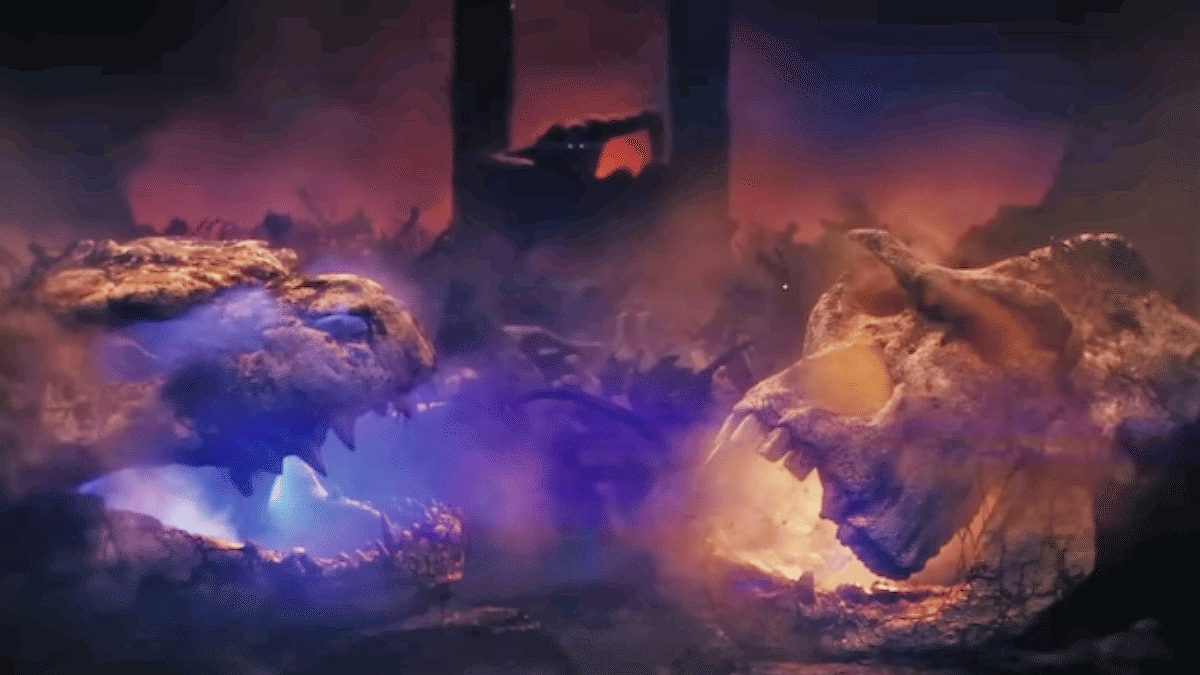
Set to release in 2024 — the real 2024, not the one from the movie that came out in 2021 — Godzilla x Kong: The New Empire is short on plot details but long on fan anticipation. If the title is any indication, this time, Godzilla and Kong won’t vs. They’re not going to vs. at all. This time, Godzilla and Kong are going to straight-up x.
It’s not just that these two titans of show business will finally team up and — if the world is fair and just — kiss. It’s the promise of even more spectacular destruction than ever before, courtesy of a brand-new monster with heavy Kong-but-worse energy.

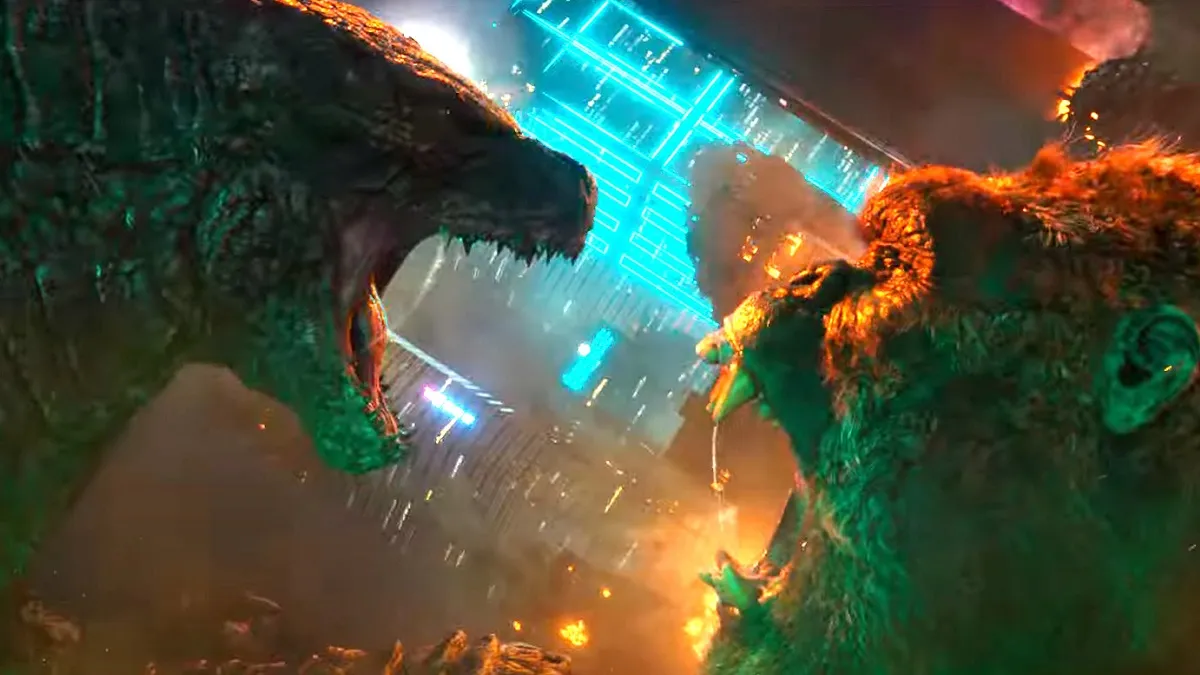









Published: Aug 17, 2023 04:37 pm